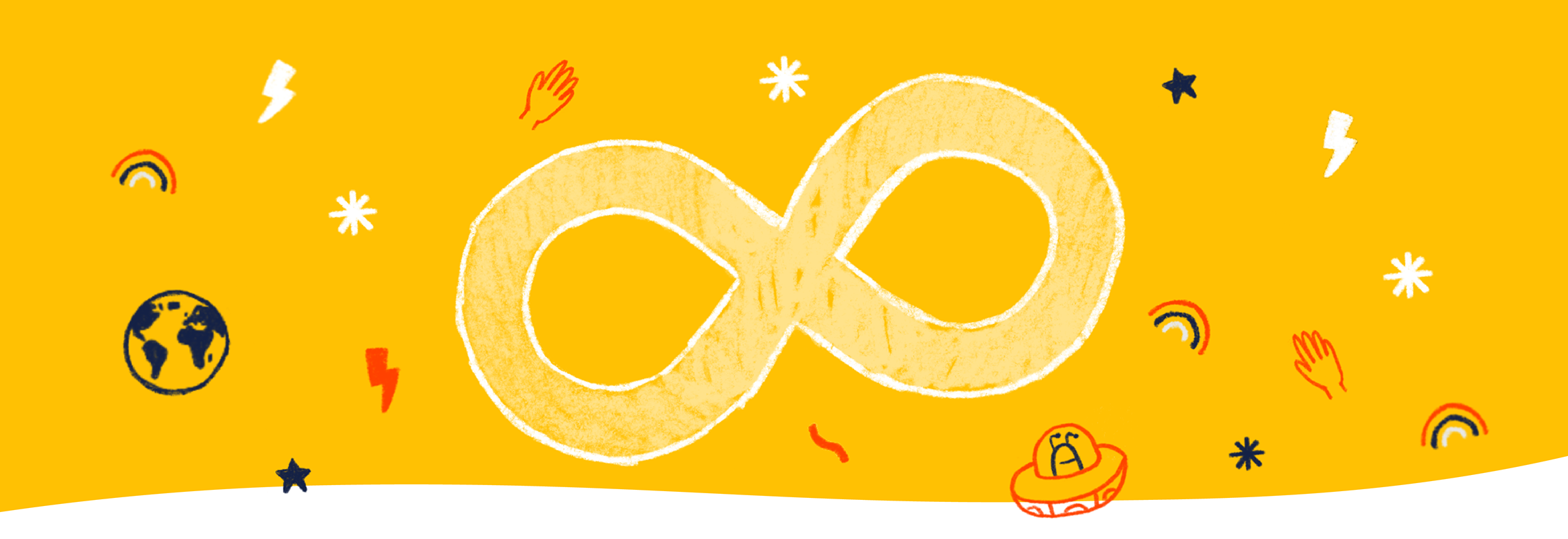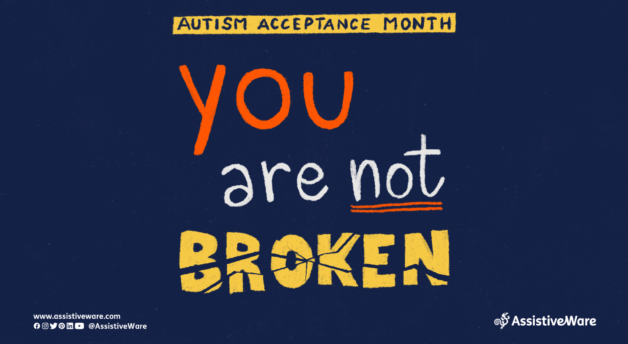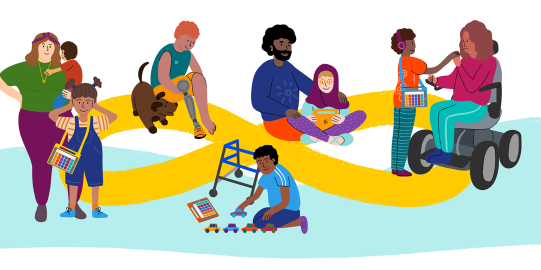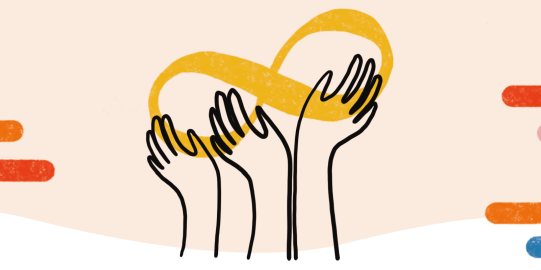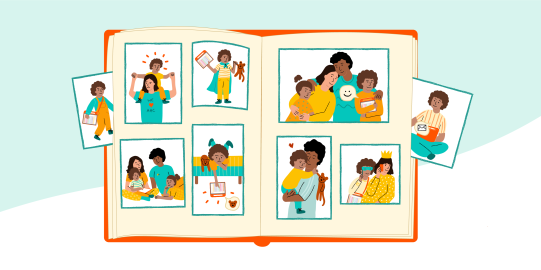And let me be clear, these kinds of campaigns are often valuable.
Until the day comes when:
- families are connected from the start to all the resources and community they need to best support their autistic loved ones,
- professionals are given the training to approach their practice from a strengths-based perspective,
- systems are set up to prioritize inclusion and recognize each person’s worth and humanity,
- our communities are designed with everyone’s needs in mind from the start,
these autism acceptance campaigns will continue to be sorely needed.
The path to genuine Autism Acceptance
Our society is a long way from true autism acceptance, but this is not an individual issue, it’s a systemic one.
No matter how much support and care you as an autistic person have in your life, it can be really hard to navigate a society that simply isn’t built for you.
I want to be clear — I know that as I was growing up as an autistic person with very limited speech, I needed to hear these messages of support just as much as anyone around me did, if not more.
In my experience, in the absence of someone in your life who can talk to you about your differences and reassure you that those differences don’t change your value as a person, it’s really easy for young people to come up with their own alternative explanations.
Explanations like, “I’m bad,” or, “There’s something wrong with me.”
